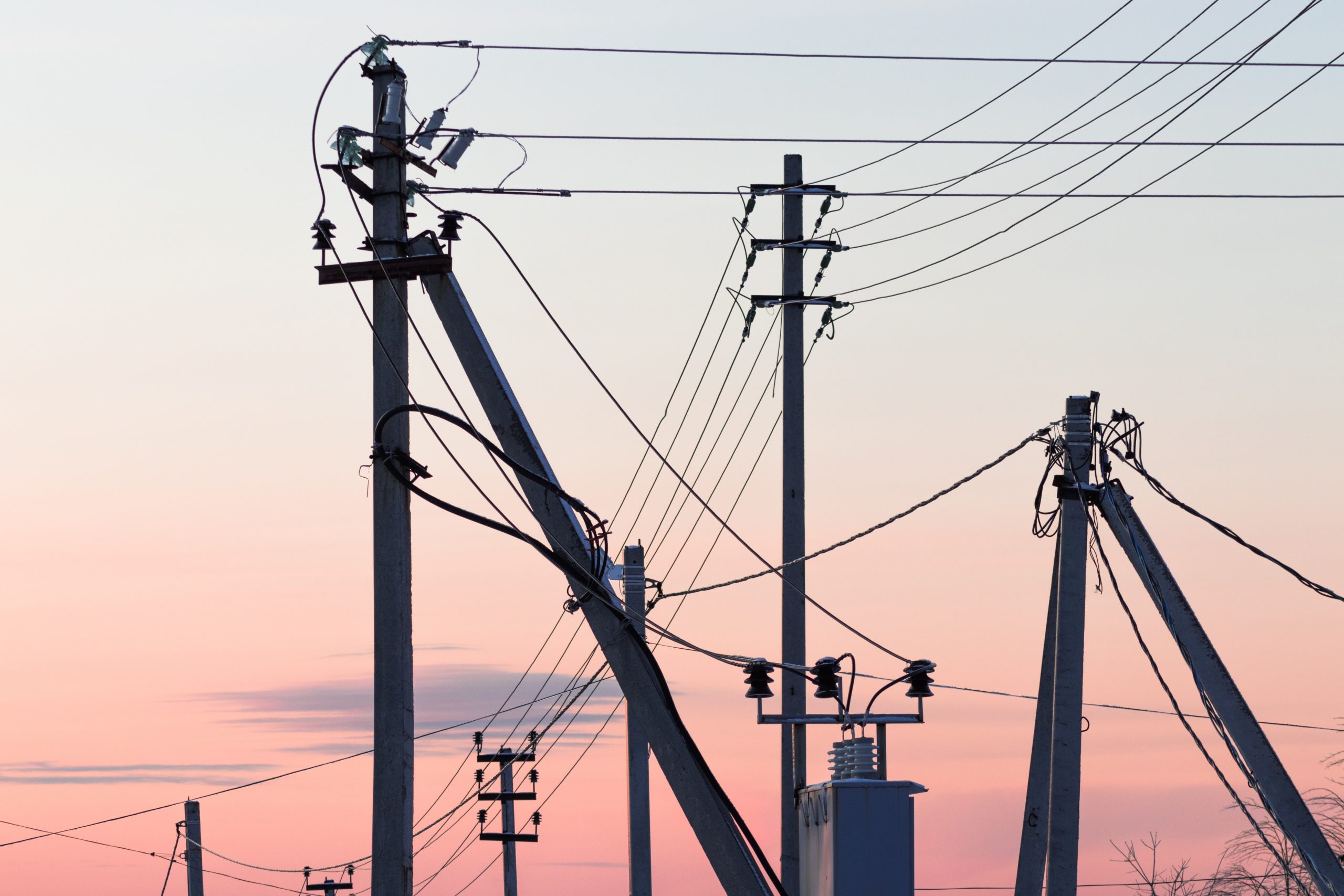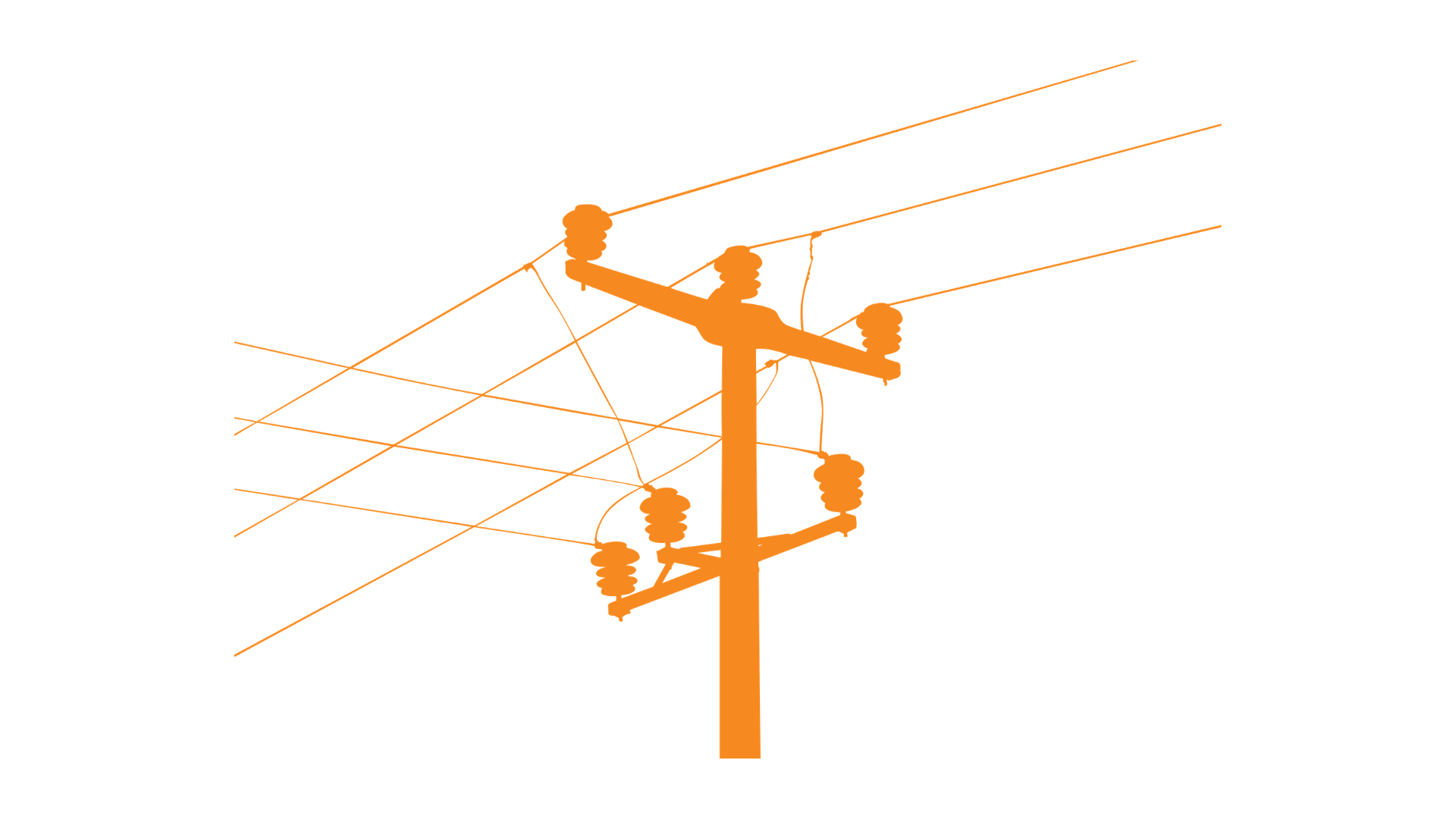
Business today revolves around customers more than ever, and the utilities industry is no exception.
The times have changed for traditional utility monopolies. Customers are not just meters at the end of a bill anymore; they demand better quality service, accessible information, and on-demand support. Customers expect that utilities suppliers should be able to anticipate their needs, make relevant suggestions before they even make contact, and deliver a better experience than the industry competitors on the market.
That’s a lot of work! Between changing customer service expectations, increased competition through deregulation, and costly government fines on unresolved customer complaints, utility providers are being forced to rethink their strategies and respond to these evolving conditions.
While many utility companies are investing in technology to improve operational efficiency and automate business processes, one of the most significant transformations is in the customer experience.
In today’s competitive customer-centric world, you can’t prevent customer churn with that mentality. Technology is enabling new entrants to the market, and utility companies need to figure out a way to engage customers and improve the overall experience. That’s why customer relationship management (CRM) is creating a real shift in focus for the utilities sector.
The utilities industry is unique when it comes to customer retention. Traditionally, when you purchased electricity or gas, the provider didn’t need to have any other products or services to upsell or cross-sell you. They didn’t need to keep you happy because as consumers, we didn’t have many options to choose from. This resulted in a company culture that didn’t really focus on the customer at all. Knowing that their customers were always going to be there, most utility companies didn’t need to put in the time to properly collect data, map the customer journey, and manage customer relationships.
Additionally, globalisation, privatisation, and market restructuring have all led to new players entering the utility market, competitive pricing, and more customer choice. Customers now have more knowledge than ever before. They don’t want a paper bill every month and no contact with their utility provider – they want transparency and a great customer experience. And if they aren’t getting these things, they won’t stick around.
In summary, if you don’t improve the customer experience and change the way you deliver your services, you’re going to lose valuable customers.

With effective customer-centric software and strategy in place, utility providers around the world are making an effort to improve service delivery and the customer experience. Below are the key areas in which CRM solutions are making an impact in the utility sector today:
Utility companies are uniquely positioned to collect and analyse a large amount of data from customers, from both individuals and businesses. With a CRM solution in place, employees can easily gather and use data in every interaction. Not only does this help you gain deep insight into your customers preferences, usage, behaviors, and service requirements – it also will help you grow your product and service offerings to meet their needs better.
Everyone has a story about how long they have waited for a utility technician to arrive in their home, or how poorly certain companies manage their services.
The problem is often misalignment – while your sales team is responsible for managing existing accounts and acquiring new accounts, your technicians are responding to outages and dealing with current customers. Messages can get mixed up between these two teams and the customer is left unhappy or angry. Using an integrated CRM solution, every employee can get access to the real-time information they need to deliver exceptional service, manage potential accounts, and keep management informed on progress.
With the right CRM system, you can improve the flow of transactions, from meter reading to billing to online payments. This helps to streamline your internal processes while making it easy for a customer to set up, change, or upgrade their services.
Customers want to be able to manage their billing, payments, and consumption information on their own. Many utility companies have already implemented online services or self-service portals for usage tracking, payments, and complaint logging. This not only empowers customers to manage usage, services, and payments on their own, but it takes the burden of tedious tasks off of your service team so that they can handle more pressing issues.
To ensure that your business is on the track of continuous improvement, it’s important to establish metrics that track performance and impact. These metrics can measure customer satisfaction, job performance, customer insights, operational performance – anything that helps your company work towards a goal.
A CRM solution is a foundational technology for any company looking to digital transformation to succeed in a world where supply and customers are increasingly fragmented.
In the past, the only real interaction a customer had with a utility company was when they received their bill in the mail. Today, there are several opportunities to deliver outstanding service that increases satisfaction and long-term loyalty via a CRM.
Have any questions about what type of CRM you should implement? Feel free to get in touch with us via the form below.